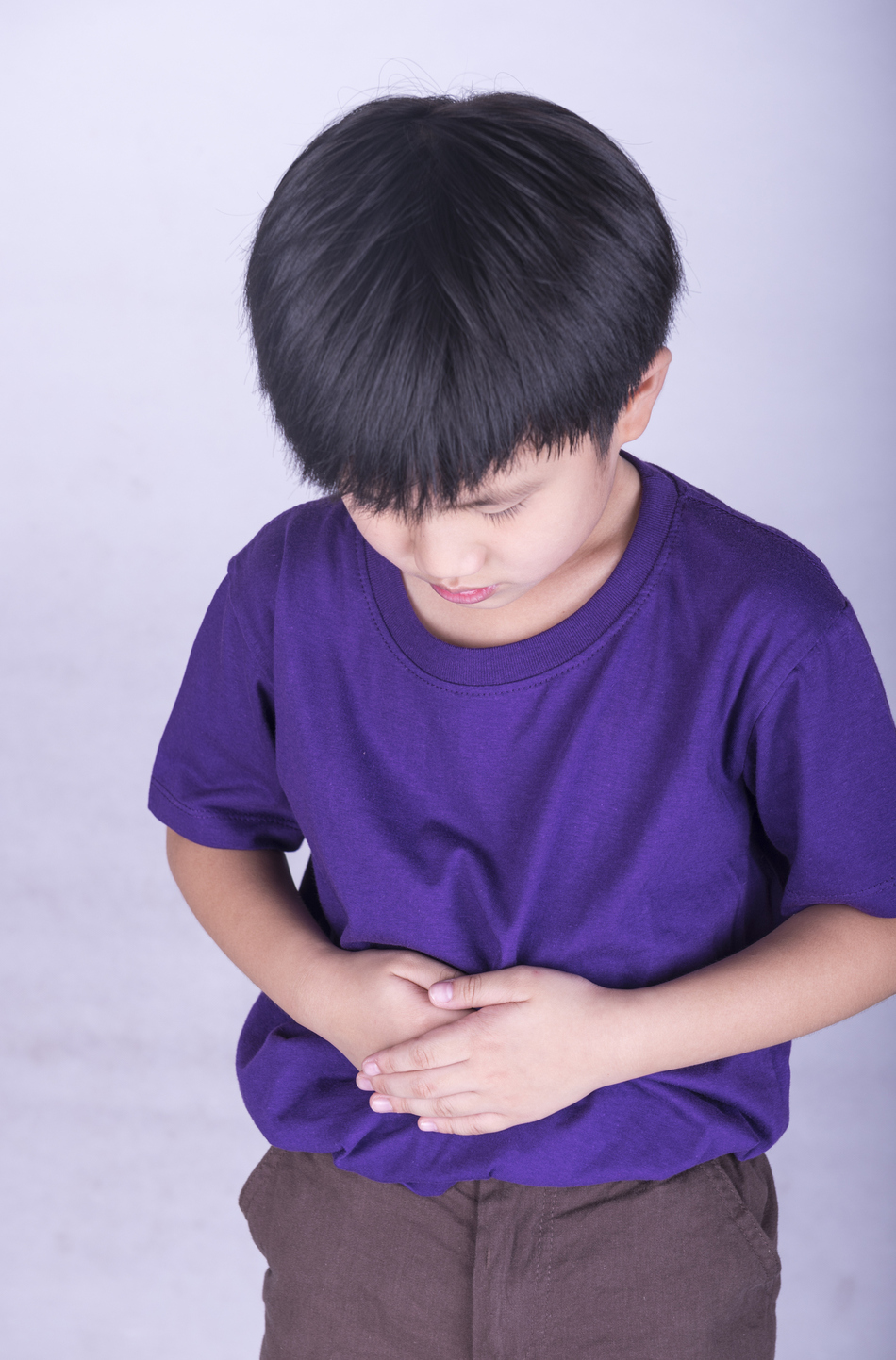
Episode Transcript
Interviewer: Your young child has abdominal pain? It could be kidney stones. We'll find out more about that next on The Scope.
Announcer: Health tips, medical news, research and more for a happier, healthier life. From University of Utah Health Sciences, this is The Scope.
Interviewer: Dr. Gary Faerber is a urologist at University of Utah Health Care. And if your child has abdominal pain, it could be a lot of different things, but one of the things it could be that is sometimes not diagnosed properly is kidney stones because the incidents of kidney stones in kids in increasing and increasing. That's incredible. First of all, why is that? Why are kids getting kidney stones? That doesn't seem like something that I would expect.
Gary: You're right. Most people wouldn't expect that kids should be getting kidney stones. Most people think of kidney stones as happening in somebody who is in their 40s and 50s, and not . . .
Interviewer: Yeah, guys like us.
Gary: . . . absolutely, guys like us and not young kids. But there's no question that the incidence and prevalence of kidney stones in the pediatric population has gone up, and it's gone up quite dramatically. Probably over the last 15 years, it's gone up almost two-fold. So it's not that really rare thing that happens anymore, it's what I would call commonly uncommon.
Interviewer: So if a child has abdominal pain, it could possibly be kidney stones?
Gary: Yes, absolutely. There's no question about it. It, obviously, probably wouldn't be the first thing on my differential diagnosis list.
Interviewer: Yeah, it would be a little ways down.
Gary: Right, absolutely. But it's something that I think caregivers would and should think of. For example, in the pre-pubescent age group, the most common presenting signs or symptom of a kidney stone in a young child is abdominal pain. And that's seen in up to 75% of those children who present with a kidney stone.
Interviewer: And that's different than how adults present?
Gary: Yes. Adults typically present with a terrible flank pain. Why kids don't get the flank pain is not quite clear and it's clear that they get sort of abdominal pain, which is odd. The one thing that may tip a provider off, in that it might be a kidney stone, is the abdominal pain is often associated with blood in the urine. So if a child has blood in the urine and is having abdominal pain, that certainly would make me concerned that they might be having a symptomatic kidney stone.
Interviewer: Is the increase in children pretty much the same reason for the increase in adults? They're not getting enough water, which, drinking enough water is so important in preventing kidney stones. Their diet, that sort of thing?
Gary: Absolutely. Kids are just like their adult parents, where they don't drink enough fluids. Specifically, they don't drink enough water, and it's important that they do. I would love to have my listeners think that having sugary drinks is probably not a really good thing for kids. Water's a great thing and milk and all the healthy stuff is probably better for them than the sugary drinks, that's for sure.
Interviewer: Yeah. For a whole variety of reasons, not just getting kidney stones. So it's fascinating some parents might be dealing with a child that has a kidney stone. Is the treatment the same as it would be an adult, then?
Gary: Surprisingly, yes. And the good news about most kidney stones that both children and adults present with is that the vast majority of these will pass on their own, and there are medications that we can provide both adults and children that facilitate them passing the stone. In those patients, adults and children who don't pass their stone, there are very effective surgical management strategies that are available that we can treat these stones.
Interviewer: So if you take your child to the doctor and it's abdominal pain and you have to go back a couple of times, then you might want to start considering kidney stones. If you have that conversation, how would they find out for sure whether or not that was what was causing it?
Gary: There are a number of x-ray studies that are available now. I think if a child presents to the emergency room, for example, or to their pediatrician or primary care provider, either an abdominal ultrasound exam or, in some cases, a CT scan can be done. And both of those studies are very good in identifying a kidney stone.
Interviewer: Just something else a parent and a kid has to deal with in today's age, I guess, huh?
Gary: That's exactly right.
Interviewer: Or hopefully not, if you do the right lifestyle things.
Gary: Right.
Interviewer: Yeah. Any final thoughts?
Gary: Make sure that your kids drink plenty of water, especially during these hot summertimes in Utah.
Announcer: Thescoperadio.com is University of Utah Health Sciences Radio. If you like what you heard, be sure to get our latest content by following us on Facebook. Just click on the Facebook icon at thescoperadio.com.